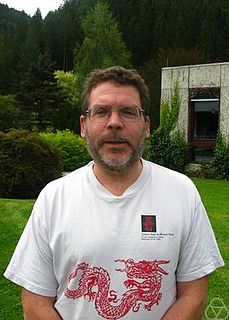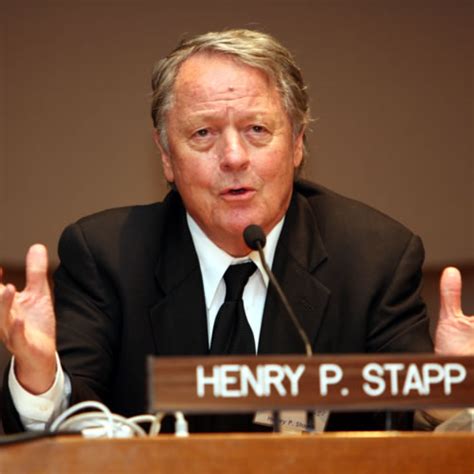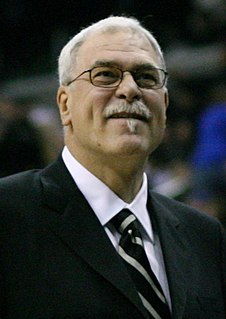A Quote by Janet Reno
But it is not our place to punish a father for his political beliefs or where he wants to raise his child. Indeed, if we were to start judging parents on the basis of their political beliefs, we would change the concept of family for the rest of time.
Related Quotes
[T]he central problem of government is a religious one; and anyone who assumes that he can form his political beliefs without consulting his ethics, which have their basis in religious conviction, is deceiving himself either about the true nature of government or his moral responsibility for his actions
If we, who live outside asylums, act as if we lived in a fictitious world- that is to say, if we are consistent with our beliefs- we cannot adjust ourselves to actual conditions, and so fall into many avoidable semantic difficulties. But the so-called normal person practically never abides by his beliefs, and when his beliefs are building for him a fictitious world, he saves his neck by not abiding by them. A so-called "insane" person acts upon his beliefs, and so cannot adjust himself to a world which is quite different from his fancy.
The life-history of the individual is first and foremost an accommodation to the patterns and standards traditionally handed down in his community. From the moment of his birth the customs into which he is born shape his experience and behavior. By the time he can talk, he is the little creature of his culture, and by the time he is grown and able to take part in its activities, its habits are his habits, its beliefs his beliefs, its impossibilities his impossibilities.
What [he] is apparently objecting to is that not everyone takes his beliefs seriously. Indeed, some don't seem to respect his beliefs at all, and actually poke fun at them. Well, I have news for [him]: that's the nature of a free society. Opinions don't necessarily merit respect; they must earn respect in the marketplace of ideas.
The brain is a stubborn organ. Once its primary set of beliefs has been established, the brain finds it difficult to integrate opposing ideas and beliefs. This has profound consequences for individuals and society and helps to explain why some people cannot abandon destructive beliefs, be they religious, political or psychological.
If you can do one thing you thought was utterly impossible, it causes you to rethink your beliefs. Life is both subtler and more complex than some of us like to believe. So if you haven't done so already, review your beliefs and decide which ones you might change now and what you would change those beliefs to.
Indeed, I suspect that the changes that have taken place during the last century in the average man's fundamental beliefs, in his philosophy, in his conception of religion, in his whole world outlook, are greater than the changes that occurred during the preceding four thousand years all put together.
Our beliefs about ourselves in relation to the world around us are the roots of our values, and our values determine not only our immediate actions, but also, over the course of time, the form of our society. Our beliefs are increasingly determined by science. Hence it is at least conceivable that what science has been telling us for three hundred years about man and his place in nature could be playing by now an important role in our lives.
The worst illiterate is the political illiterate. He hears nothing, sees nothing, takes no part in political life. He doesn't seem to know that the cost of living, the price of beans, of flour, of rent, of medicines all depend on political decisions. He even prides himself on his political ignorance, sticks out his chest and says he hates politics. He doesn't know, the imbecile, that from his political non-participation comes the prostitute, the abandoned child, the robber and, worst of all, corrupt officials, the lackeys of exploitative multinational corporations.
If faith is what you have to go on, if faith is the link between your beliefs and the world at large, your beliefs are very likely to be wrong. Beliefs can be right or wrong. If you believe you can fly, that belief is only true if indeed you can fly. Somebody who thinks he can fly, and is wrong about it, will eventually discover there's a problem with his view of the world.




































